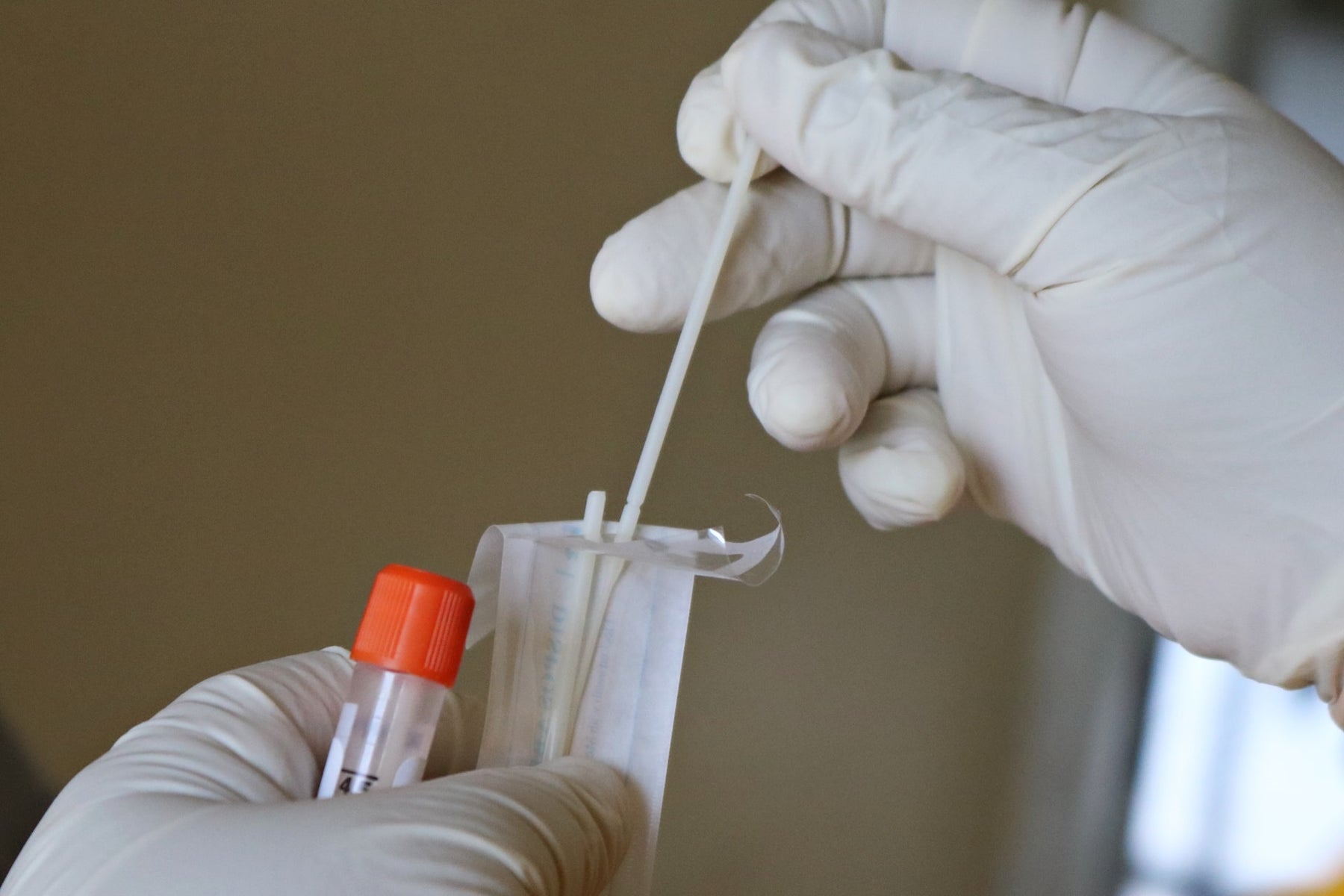(858) 224-9100

How to Handle High Background on Your Quant Studio 5: A Step-by-Step Guide
Today, we're going to learn how to deal with high background on a machine called the Quant Studio 5. This machine is used in molecular biology, which is a field of science that helps us study tiny things like cells and genes. But don't worry, I'll break it down so it's easy to understand. Let's get started!
What is Background?
Background is noise that the instrument gives off. It can interfere with your results, making it harder to understand what's happening in your experiment. If you notice high background, it's important to take care of it right away.
How to Check for High Background
-
On your Quant Studio 5 machine, go to the section where it says "Roi and Uniformity." There is a background check in there.
-
Look at the calibration files that come from the instrument. You can tell if you have high background by doing this check.
-
If you see a very tight band, that's good. If you see high absorbance in certain areas, you might have high background.
-
You can also check for high background by running a water plate and looking for high fluorescence.
How to Clean Your Instrument
If you notice high background, it's time to clean your instrument. Here's how:
Step 1: Open Up the System
You'll see a metal block. This is what you'll need to clean.
Step 2: Prepare Your Cleaning Supplies
You'll need:
- 5% bleach
- IPA (Isopropyl Alcohol)
- PCR Q-tips (These are special Q-tips that fit perfectly in the wells of the metal block.)
Step 3: Start Cleaning
- Dip the PCR Q-tip in 5% bleach.
- Clean out the wells with the bleach-soaked Q-tip.
- Let it sit for about 10-15 minutes. Don't wipe it off right away.
Step 4: Dry the Wells
- Take another PCR Q-tip and dip it in IPA.
- Go through the wells with the IPA-soaked Q-tip. The IPA will evaporate off everything from the well, leaving it clean.
Remember, if you didn't clean the well enough the first time, you might have to go back and clean it again. But once you're done, you should have a very clean well and lower background noise in your results.
And that's it! Now you know how to handle high background on your Quant Studio 5. Keep exploring and learning, and remember to take good care of your instruments. They're important tools in the exciting world of science!

Leave a comment